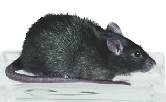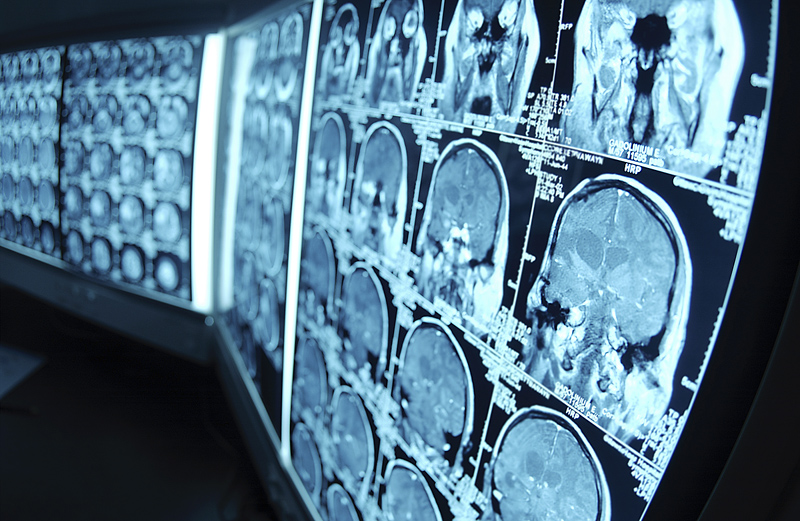
WEDNESDAY, June 30 (HealthDay News) — Brain energy may replenish itself during sleep, a new study suggests.
Experiments with rats revealed that during the initial stages of sleep there is a dramatic increase in cellular energy levels in brain regions that are active during waking hours. The findings suggest that this energy boost reinvigorates brain processes that are required for normal functioning while awake.
The study appears in the June 30 issue of the journal Neuroscience.
While it’s known that a good night’s sleep helps restore body and mind, it’s been difficult to pinpoint the actual biological processes that occur during sleep, researchers at the Boston VA Healthcare System and Harvard Medical School said in a news release from the journal.
For this study, researchers measured levels of adenosine triphosphate (ATP) — the energy currency of cells — in rats. During non-REM sleep, there was an overall decrease in brain activity but an increase in ATP levels in four key brain regions normally active during wakefulness.
When the rats were awake, ATP levels were steady. When the rats were made to stay awake three to six hours past their normal sleep times, ATP didn’t increase.
The findings suggest that a certain amount of sleep is necessary for an ATP surge, which may power restorative processes in the brain, the researchers said.
The research was supported in part by the Department of Veterans Affairs and the National Institute of Mental Health.
More information
The U.S. National Institute of Neurological Disorders and Stroke has more about sleep.

